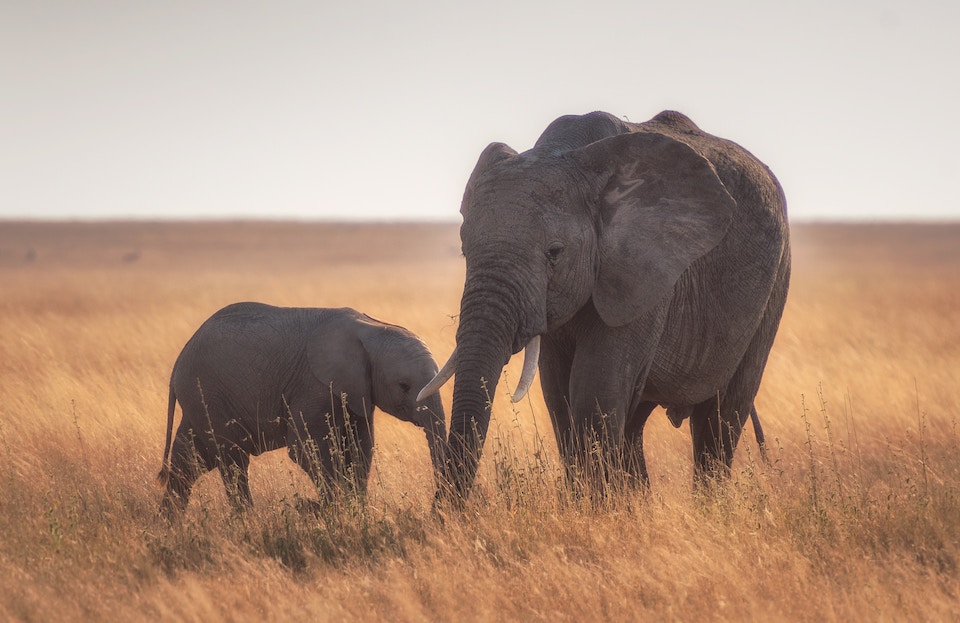Unrelenting hunger for elephants in Thailand has been one little-known derivative of a pandemic whose reverberations know no bounds when it comes to species
Unrelenting hunger for elephants in Thailand has been one little-known derivative of a pandemic whose reverberations know no bounds when it comes to species.
When tourism tumbled in Thailand, the nation’s beleaguered, overworked captive elephants also hit bottom.
Unrelenting hunger for elephants in Thailand has been one little-known derivative of a pandemic whose reverberations know no bounds when it comes to species.
With the country shutting down tourism to reduce transmission of the virus, that means no foreigners are there to patronize hundreds of “elephant camps” that offer elephant rides in nature parks and other forested settings. That means that, for a year and counting, Thailand’s massive population of 3,500 captive, working elephants have been out of work.
The elephants are badly overworked and overloaded and providing them with relief from this labor and drudgery would normally seem like a boon for the animals. They haul tourists on their backs during long workdays– with a heavy contraption saddled on their backs that seat as many as a dozen people.
The problem is, the camp’s operators – the people who own the elephants — have no income either. They are having trouble feeding themselves, no mind mustering the $38 a day needed to feed every elephant.
Five-ton animals who need 300 pounds of food a day have been scavenging for a few dozen pounds of grass and fruit.
According to our sources, as many as 80 percent of the captive elephants are starving.
And that’s not the whole of it. These are owned animals, and they are generally not allowed to stray. The keepers chain them, tethering them to tree and poles and compounding their frustration and torment.
Jennifer McCausland, who is our director of elephant protection campaigns, came to us with the grim news of their plight and said we must help. Our immediate plan is to raise dollars to buy food for these desperate animals. We will transfer funds to Thai-based groups with the capacity to acquire the food and distribute it to the elephants.
We ask you to help.
This is not a planned program for the Center. It’s a crisis response.
In the long run, we want to see the elephants transitioned from this line of work and placed at sanctuaries that can offer tourists a non-harmful elephant experience. Promoting a more humane-minded business, where the elephants are not conscripted into back-breaking labor or subjected to barbaric training techniques to prepare them for this work, is at the core of what the Center for a Humane Economy does.
But for now, these endangered elephants need food. Their big bodies are shrinking.
We have already appealed to government leaders and they are hearing our pleas and discussing how they can help, too. But the government won’t be able to solve this problem alone. Relief for the elephants requires intervention by private animal protection charities like our own.
Many of the captive elephants came out of the logging industry, hauling massive trees from the forest. Then they were thrust into the elephant camps for use in the tourism industry. In short, they have seen little in the way of human kindness.
Add just one letter to human and you get humane. That’s the extra human effort needed to turn around this circumstance.
We must act because there’s nothing quite like experiencing extreme hunger.
